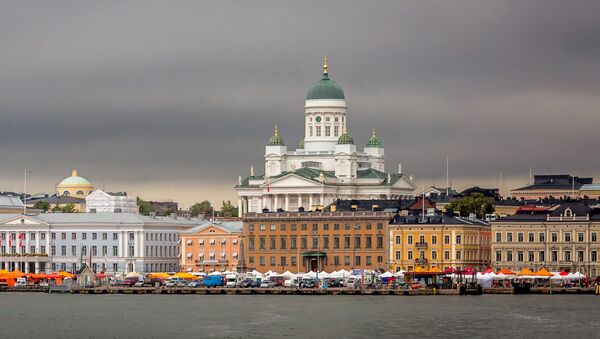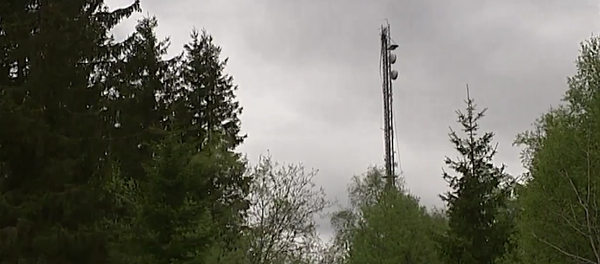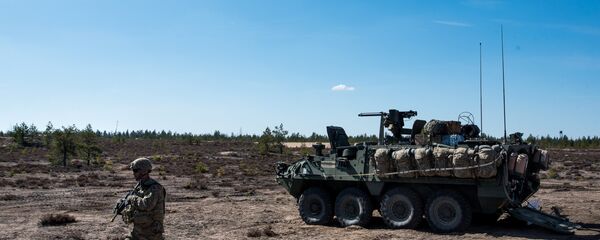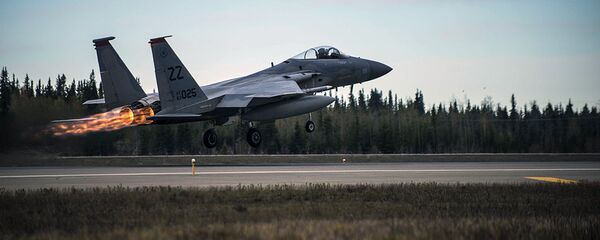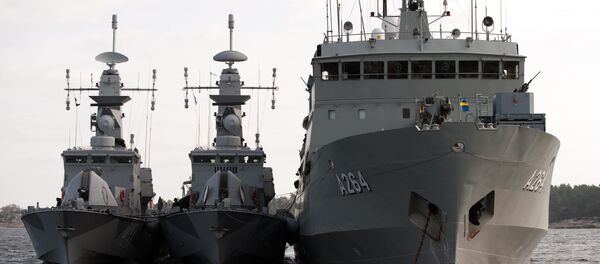"It is about the general atmosphere abroad. As international contacts dwindle, and the use of diplomatic channels is reduced, as a result of which competition confrontation between the West and the East ensues. Then lesser countries get to play a bigger role as all the major powers are interested in, for instance, Finland's policy, that is which bloc to which we would like to belong to or who we are cooperating with," researcher Hanna Smith of the Aleksanteri Institute at the University of Helsinki told the newspaper Ilta-Sanomat.
The Aleksanteri Institute functions as a national center of research, study and expertise pertaining to Russia and Eastern Europe. Unsurprisingly, one of the institute's recent works is aptly titled "Russia and Hybrid Warfare."
"Russia is interested in how things are done on a practical level, as well as what one should be preparing to, should the bilateral tensions rise even more," she said.
According to him, foreign powers above all seek information on Finland's stance on joining NATO, extending anti-Russian sanctions, pursuing a policy in the Arctic and updating its armed forces.
Of late, Finns has been increasingly pressurized for continuing their non-committal relationship with NATO to completion, with numerous politicians pumping up the fictitious Russian "threat" as a pretext for joining the North Atlantic Treaty.

